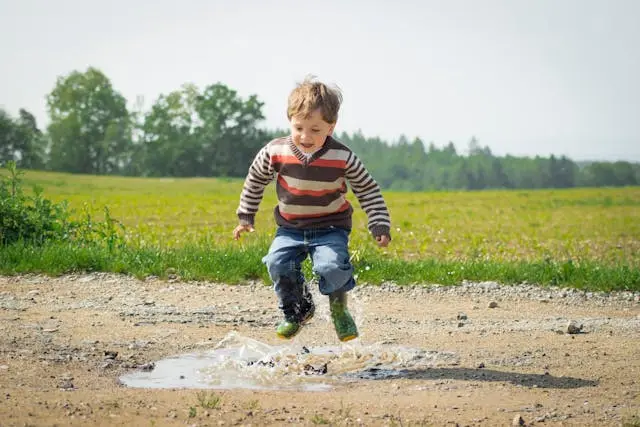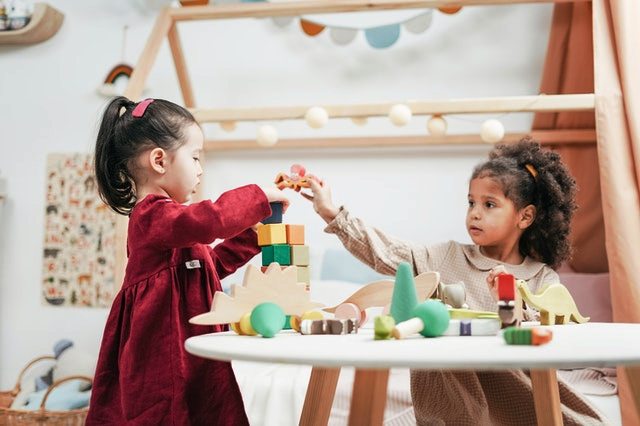Early childhood is a period of rapid and profound development, not only in physical and cognitive domains but also in emotional growth. Emotional milestones, the benchmarks of a child’s emotional development, play a crucial role in shaping their future well-being, relationships, and success. Understanding these milestones helps parents, caregivers, and educators support children in navigating their emotional worlds, ultimately fostering a healthier and more resilient generation.
What Are Emotional Milestones?
Emotional milestones are key indicators of a child’s ability to recognize, express, and manage their emotions. These milestones are not just about being able to name feelings but also about developing empathy, forming secure attachments, and building self-regulation skills. Milestones vary from child to child, but general patterns of emotional development can be observed.
Infancy (0-12 Months)
During infancy, emotional development is closely tied to physical needs. Babies express their emotions primarily through crying, cooing, and smiling. Around 2-3 months, babies begin to smile in response to social stimuli, which is known as a social smile. By 6 months, they express a wider range of emotions, including joy, surprise, and distress. Around 8-9 months, infants may exhibit stranger anxiety, showing attachment to familiar caregivers.
Toddlerhood (1-3 Years)
In toddlerhood, children begin to experience and express more complex emotions such as pride, shame, guilt, and embarrassment. They also start to develop a sense of self and autonomy, often leading to temper tantrums as they struggle with frustration and assert their independence. During this stage, children learn to use language to express their feelings, which is crucial for emotional regulation.
Early Childhood (3-6 Years)
Preschool-aged children continue to refine their emotional skills. They become better at understanding their own emotions and those of others, which is the foundation of empathy. They also start to develop friendships, learn to share, and navigate social norms. This period is critical for learning self-regulation, which involves managing strong emotions and behaviors.
MORE POSTS: Parental Guide: Supporting Your Teen Through Emotional Ups and Downs

Why Are Emotional Milestones Important?
Building Blocks for Future Relationships
Emotional milestones lay the groundwork for future social interactions and relationships. Children who can identify and manage their emotions are better equipped to form healthy relationships with peers and adults. They are more likely to develop empathy, which is essential for understanding and responding to the emotions of others. This empathy fosters cooperation, conflict resolution, and the ability to build strong, supportive relationships throughout life.
Academic Success
Research has shown that emotional regulation is linked to academic success. Children who can manage their emotions are better able to focus, follow instructions, and cope with the challenges of school. Emotional skills like persistence, patience, and the ability to handle frustration are directly related to a child’s ability to learn and perform academically. Therefore, nurturing emotional development is just as important as fostering cognitive skills in early childhood education.
Mental Health and Resilience
Early emotional development significantly impacts mental health. Children who achieve emotional milestones are more likely to develop resilience, the ability to cope with stress and bounce back from adversity. This resilience protects against mental health issues such as anxiety and depression. Moreover, understanding and expressing emotions in a healthy way reduces the risk of behavioral problems, promoting overall well-being.
Self-Esteem and Confidence
Achieving emotional milestones contributes to a child’s self-esteem and confidence. As children learn to manage their emotions, they gain a sense of control and competence. This positive self-concept encourages them to take on new challenges and explore their environment, further enhancing their development. A strong sense of self-worth is essential for facing life’s ups and downs with confidence.
Supporting Emotional Development
Parents, caregivers, and educators play a vital role in supporting emotional development. Here are some strategies to help children achieve their emotional milestones:
Create a Safe and Nurturing Environment
A safe and nurturing environment is fundamental for emotional growth. Children need to feel secure and loved to explore their emotions and develop trust. Consistent routines, positive reinforcement, and a supportive atmosphere encourage emotional expression and development.
Model Healthy Emotional Behavior
Children learn by observing the adults around them. Modeling healthy emotional behavior, such as expressing emotions calmly, showing empathy, and handling stress constructively, teaches children how to manage their own emotions. Demonstrating positive coping strategies provides children with the tools they need to navigate their emotional worlds.
Encourage Emotional Expression
Encouraging children to express their emotions helps them understand and manage their feelings. Open communication, active listening, and validating their emotions show children that their feelings are important and acceptable. Activities like drawing, storytelling, and role-playing can also help children express and explore their emotions in a safe and creative way.
Teach Emotional Regulation Skills
Teaching emotional regulation skills is crucial for helping children manage their emotions. Techniques such as deep breathing, counting to ten, or taking a break can help children calm down when they are upset. Guided practice in recognizing and naming emotions helps children become more aware of their feelings and develop strategies to cope with them.
Foster Social Connections
Social connections are vital for emotional development. Encouraging playdates, group activities, and cooperative play helps children learn to navigate social interactions and develop empathy. Providing opportunities for positive peer interactions teaches children important social skills and reinforces emotional milestones.
MORE POSTS: Building Emotional Resilience: Tips for Teens
Conclusion
Emotional milestones are a critical aspect of early childhood development, shaping a child’s ability to navigate their emotional and social worlds. By understanding and supporting these milestones, parents, caregivers, and educators can help children build a strong foundation for future relationships, academic success, mental health, and overall well-being. Nurturing emotional development in early childhood paves the way for a resilient, empathetic, and emotionally healthy generation.
References:
Here are some references and sources that support the information in the blog post:
- National Scientific Council on the Developing Child. (2004). “Children’s Emotional Development is Built into the Architecture of Their Brains.” Center on the Developing Child at Harvard University.
- Zero to Three. (2016). “How to Support Your Child’s Social-Emotional Development.”
- American Academy of Pediatrics. (2021). “Promoting Healthy Social and Emotional Development.”
- Centers for Disease Control and Prevention (CDC). (2021). “Learn the Signs. Act Early.”
- The Urban Child Institute. (2012). “Baby’s Brain Begins Now: Conception to Age 3.”
- Raver, C. C. (2002). “Emotions Matter: Making the Case for the Role of Young Children’s Emotional Development for Early School Readiness.” Social Policy Report, 16(3), 3-18.



